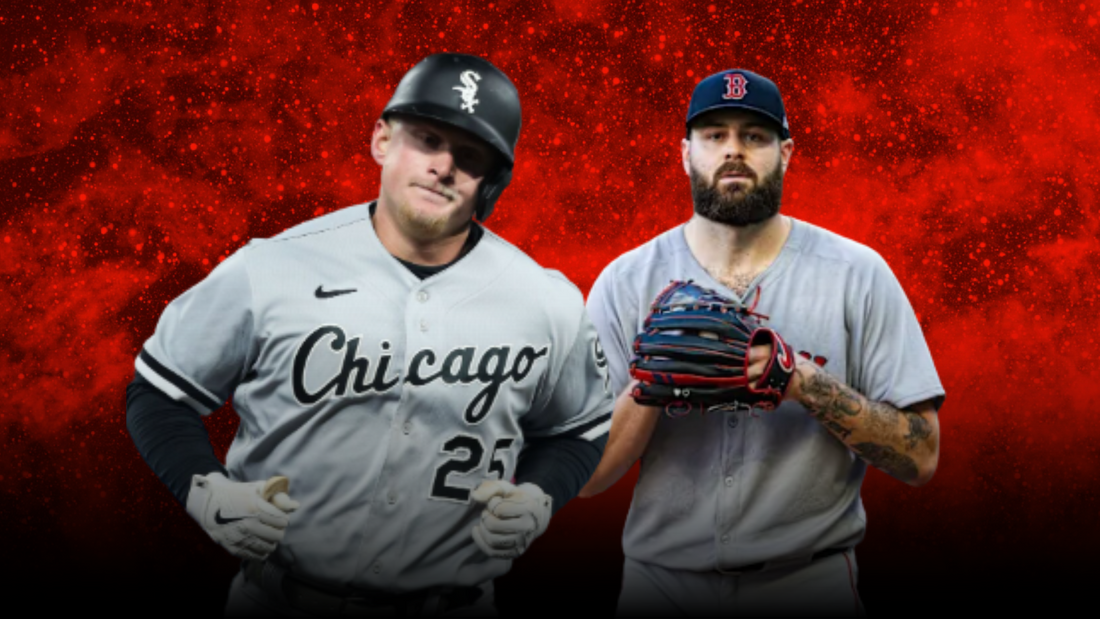
Brewers Trade Aaron Civale to White Sox for Andrew Vaughn: What’s Next for Milwaukee’s Rotation?
By Oliver Wiener June 15, 2025 10:41
The Milwaukee Brewers have made a notable midseason move, trading veteran right-hander Aaron Civale to the Chicago White Sox in exchange for first baseman Andrew Vaughn and cash considerations. This trade, finalized on June 13, 2025, comes just one day after Civale publicly requested a trade following his removal from the Brewers’ starting rotation to make room for rising pitching prospect Jacob Misiorowski.
The Trade Details and Context
Aaron Civale, who turned 30 on the day of the trade request, had been a steady presence in Milwaukee’s rotation before his recent demotion. In 2025, Civale made five starts, compiling a 1-2 record with a 4.91 ERA over 22 innings pitched. He also dealt with a hamstring injury that sidelined him for nearly two months. Despite these setbacks, Civale maintained a respectable 81 ERA+ and a 2.71 strikeout-to-walk ratio this season, reflecting his ability to contribute as a reliable starter.
The Brewers’ decision to promote Misiorowski, who dazzled with a no-hit, five-inning debut featuring a 102-mph fastball, forced Civale out of the rotation. Civale made it clear he wanted to continue starting, stating, “We’re exploring the options to give me the chance to do what I do best, and that’s to go out there and start.” His agent formally requested a trade, which Milwaukee quickly accommodated.
In return, the Brewers acquired Andrew Vaughn, a 27-year-old first baseman who struggled this season, hitting just .189 with five home runs and 19 RBIs in 48 games before being optioned to Triple-A Charlotte. Vaughn represents a depth addition for Milwaukee’s offense, and the Brewers also received $807,000 in cash to help offset salary differences.
What This Means for Milwaukee’s Rotation
The departure of Civale leaves a gap in the Brewers’ pitching staff, but it also signals confidence in their young arms. The rotation now prominently features Jacob Misiorowski, Freddy Peralta, Jose Quintana, Quinn Priester, and Chad Patrick. Misiorowski’s emergence as a flame-throwing prospect has energized the staff, and the Brewers appear committed to developing their youthful rotation core.
General Manager Matt Arnold acknowledged the professionalism of the trade process, noting that Civale’s desire to remain a starter was respected. “Aaron is not frustrated or making a scene,” Arnold said, “but this was more of an organizational decision based on the depth we have and the opportunity for him elsewhere.”
Looking Ahead: Rotation Depth and Strategy
Milwaukee’s rotation remains competitive despite Civale’s exit. Freddy Peralta continues to be a frontline starter, and Jose Quintana offers veteran stability. Quinn Priester and Chad Patrick provide additional depth and upside. The Brewers’ strategy seems to focus on maximizing their young talent while maintaining flexibility heading into the trade deadline.
The acquisition of Vaughn also adds a potential offensive boost. While Vaughn has struggled this season, a change of scenery and consistent playing time in Milwaukee could help him regain his form. The Brewers’ lineup, anchored by stars like Christian Yelich and Corbin Carroll, benefits from added depth at first base and designated hitter roles.
The Aaron Civale for Andrew Vaughn trade represents a strategic move by the Milwaukee Brewers to balance their pitching and hitting needs. Civale gets the starting opportunity he sought with the White Sox, who are rebuilding and can afford to give him innings, while the Brewers bolster their offense and lean into a youthful, promising rotation.
As White Sox manager Will Venable put it, “He’s a guy that has been a consistent performer in this league for six years, and somebody that will slot right into the rotation we’re excited to have him.” For Milwaukee, the focus now shifts to how their young starters step up and how Vaughn fits into a lineup aiming to remain competitive in the National League Central.
This trade underscores the Brewers’ commitment to flexibility and growth as they navigate the 2025 season, balancing immediate needs with long-term development.


































































